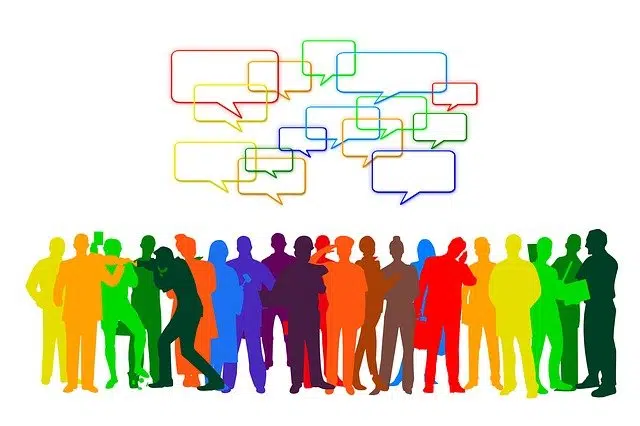
A person's economic situation is determined by the money they have available to satisfy their needs.
The Royal Spanish Academy (RAE) defines situation as the actions and consequences of locating or locating (placing a person or thing in a certain place). The term is also used to name the way in which something is arranged in a certain space.
The concept also refers to the structure or particularities of something , the position related to the economy or status and the circumstances that affect a certain moment .
For example: “No one would want to be in your situation” , “I would like to invite you to the movies, but my financial situation is not good” , “The situation got out of control and the police started shooting rubber bullets” , “I no longer tolerate this situation: Get out of my house right now” , “Tomás simply tried to avoid an unpleasant situation for everyone” , “This government will avoid any violent situation that affects its people” .
Situation and communication
For communication theory , a situation is a communicative factor that is given by the framework of the link that arises in a certain communication process. In other words, the situation is the place and moment in which a communication takes place.
In any case, in that same context, the context in which any text arises, whether written or oral , is called a communicative situation or communication situation. In this framework, a series of essential elements are housed for the dialogue to be established, these are: the sender (who presents the language), the receiver (who reads, listens or receives the message), the message (what is said or write), the codes (lexicon that is used and that both interlocutors must know) and the channel (the space through which the communication takes place, through which the message travels).

The concept of situation appears in the field of communication.
Essential elements
For the communication situation to be effective , it inexorably requires these elements .
If there is a sender, a receiver, a message and a channel, but the codes between sender and receiver are different, the communication will not be clear , so possibly what is said will not really be captured by the person receiving the message. For example: If a programmer tries to explain with technical words typical of the computer science lexicon how he has solved a problem to a person who is completely alien to that world, he may not be able to make his recipient understand it; On the other hand, if you do it with simple words that you know your recipient will be able to understand, then your message will be legible and, therefore, the communication will give effective results .
That is to say, when speaking, the sender must choose the code that he or she believes is appropriate , keeping in mind who he or she wants his message to reach, the interest he or she has in the topic, etc.
Communicative situation in Jakobson's theory
According to Jakobson's theory , an act of communication can be public or private.
A situation is public when any individual who belongs to a certain group can know the discourse and feel identified with it; it has a particular interest for said community. At the same time, the space in which said message is made known is usually crowded, for example: a church, a square, a meeting center, etc., and the recipient is collective. Furthermore, there is a hierarchical relationship between sender and receiver (e.g. the president of a country and its people). These speeches do not require a particular textual structure , they can be presented as narrative , argumentative, descriptive or expository texts.
With regard to a private situation, we can say that the only one who knows the message before it is made evident is the sender and it is addressed to a particular recipient, or to a small group and in a private communicative context.
Lastly, it is important to note that the situation is extralinguistic , while the framework is linguistic . The situation, however, can alter the interpretation of the message. A speech can be interpreted in different ways by the same person according to the situation. Accessing a message in a university classroom is not the same as in the kitchen of a home.
